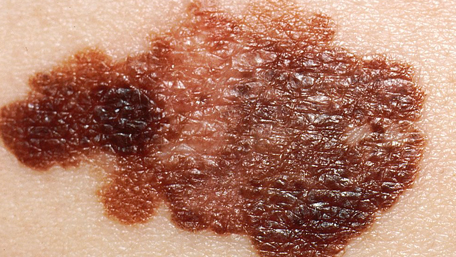
03/21/2024
Hot Topics of the Day are picked by experts to capture the latest information and publications on public health genomics and precision health for various diseases and health topics. Sources include published scientific literature, reviews, blogs and popular press articles.
Sign up MyPHGKB to receive the daily hot topic email alert.
Archived Hot Topics of the Day By Date
Emerging Opportunities for Genomics to Improve Population Health: Lessons learned from the National Academies Roundtable on Genomics and Precision Health
CDC Webinar, May 22, 2024

Reproductive Carrier Screening: Identifying Families at Risk for Familial Hypercholesterolemia in the United States.
Vivienne Souter et al. Circ Genom Precis Med 2024 3 e004457
The promise of AI in personalized breast cancer screening: are we there yet?
Despina Kontos et al. Nat Rev Clin Oncol 2024 3
Identification of dynamic microbiota signatures in patients with melanoma receiving ICIs: opportunities and challenges.
Saman Maleki Vareki et al. Nat Rev Clin Oncol 2024 3
Disclaimer: Articles listed in Hot Topics of the Day are selected by Public Health Genomics Branch to provide current awareness of the scientific literature and news. Inclusion in the update does not necessarily represent the views of the Centers for Disease Control and Prevention nor does it imply endorsement of the article's methods or findings. CDC and DHHS assume no responsibility for the factual accuracy of the items presented. The selection, omission, or content of items does not imply any endorsement or other position taken by CDC or DHHS. Opinion, findings and conclusions expressed by the original authors of items included in the Clips, or persons quoted therein, are strictly their own and are in no way meant to represent the opinion or views of CDC or DHHS. References to publications, news sources, and non-CDC Websites are provided solely for informational purposes and do not imply endorsement by CDC or DHHS.
- Page last reviewed:Feb 1, 2024
- Page last updated:May 01, 2024
- Content source:





